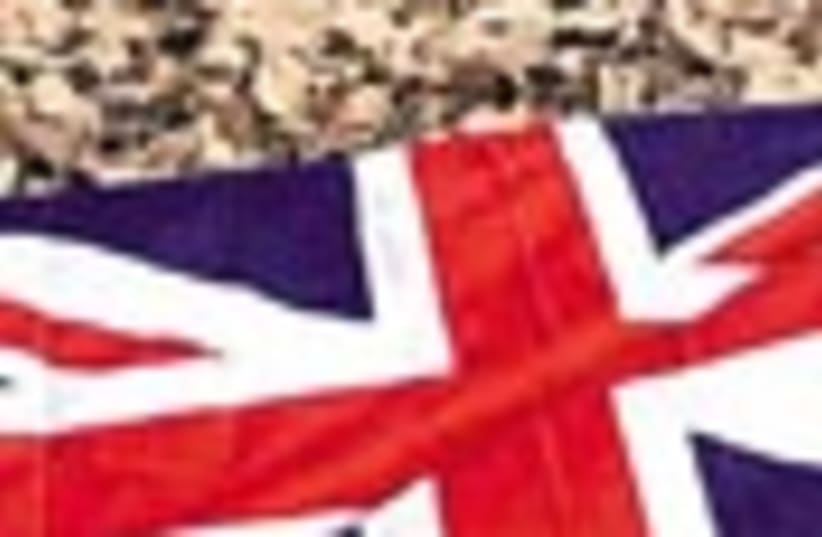| More about: | United Kingdom, International Atomic Energy Agency, Mahmoud Ahmadinejad, The Washington Post |
Britain's Iranian problem
Is the UK stirring up Arabs in Ahvaz? And are Iranians targeting Her Majesty's troops in Basra?


| More about: | United Kingdom, International Atomic Energy Agency, Mahmoud Ahmadinejad, The Washington Post |